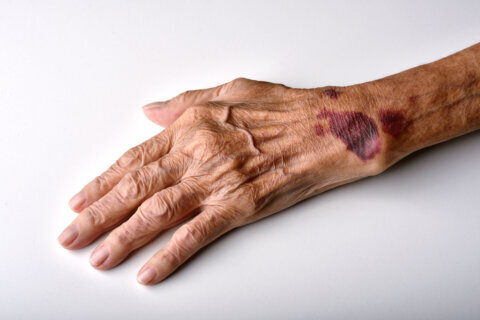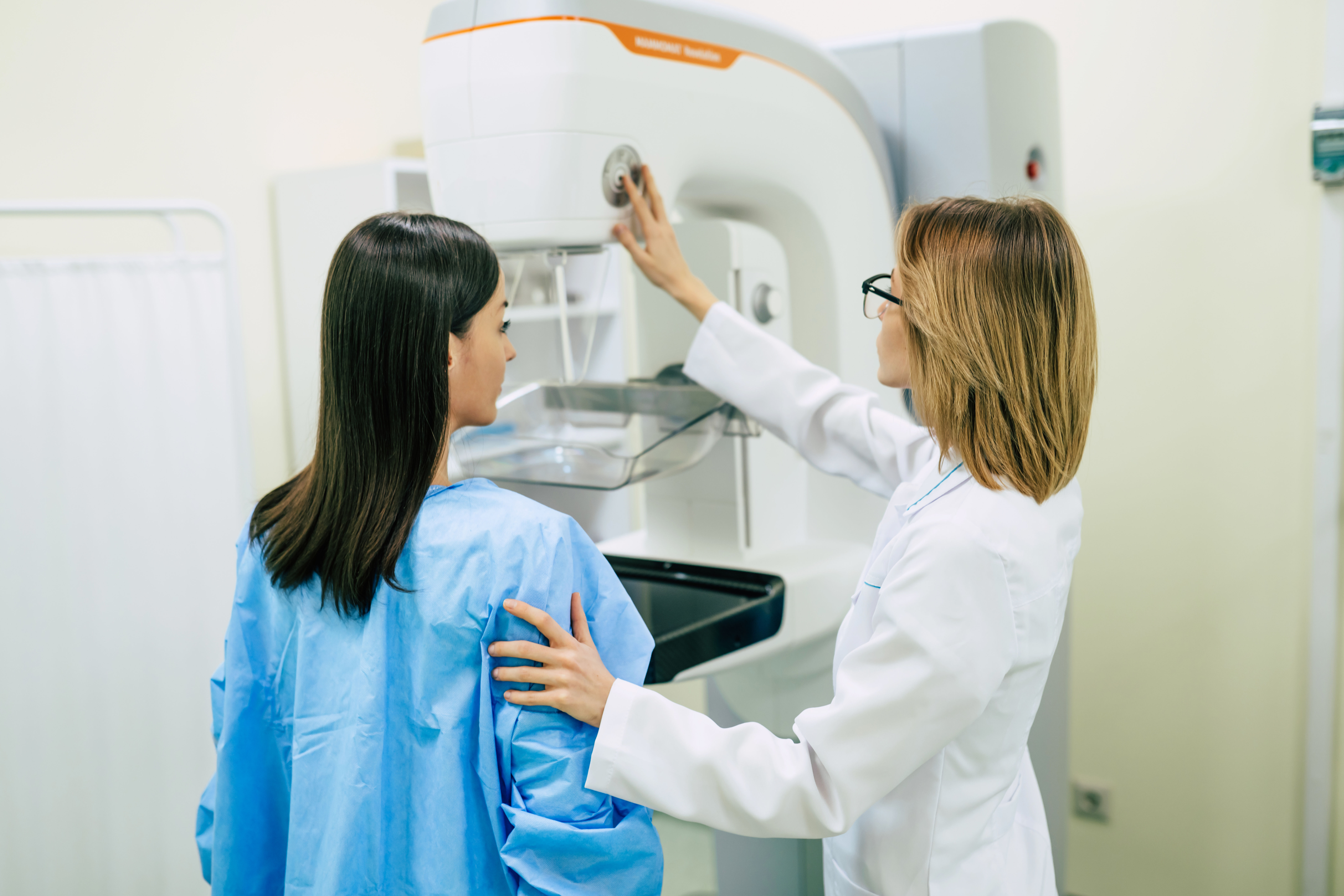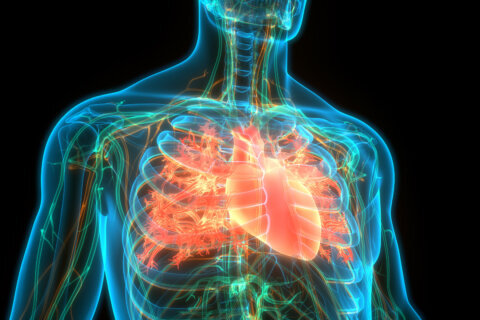This content is sponsored by MedStar Washington Hospital Center.
The kidneys are a powerful metabolic engine that filter blood through millions of microscopic blood vessels. These vessels extract fluid and waste, which exit the body as urine.
Because kidneys use blood flow, any disease that affects the blood vessels also affects the kidneys. That means conditions such as high blood pressure, or diabetes can impact kidney function and lead to chronic kidney disease (CKD), said Dr. Judith Veis, a nephrologist at MedStar Washington Hospital Center.
“Early detection of CKD can help prevent its progression to serious kidney failure,” Dr. Veis said.
Kidney disease affects at least 37 million Americans, according to the National Kidney Foundation. African Americans are the hardest hit by kidney disease. In fact, more than ⅓ of patients receiving kidney dialysis in this country are African American, and African Americans are 3½ times more likely to experience end-stage renal disease, compared to non-Hispanic whites, Dr. Veis noted.
Early stage kidney disease can often go undetected because there typically aren’t any symptoms, Dr. Veis said. That’s because kidneys can continue to work even after disease sets in. When filters in the kidney are damaged, other ones just work harder to compensate. As many as 50 percent of patients with CKD are not aware they have it, Dr. Veis said.
“This is why we depend on laboratory blood and urine testing to monitor kidney function, particularly in early stages of the disease,” Dr. Veis said.
Symptoms can occur when kidney function drops below 15%. Those symptoms include a loss of appetite, nausea, restless legs, daytime drowsiness and anemia — even if their volume of urine output is close to normal.
“Fluid buildup can also occur within the body, causing shortness of breath and swollen ankles,” Dr. Veis said. “At this stage, it is urgent that the patient seek medical attention.”
Proper medication and diet can help slow the progression of CKD, Dr. Veis said. Some medications can help control high blood pressure and diabetes; other medications are restricted to limit kidney damage – such as ibuprofen or certain proton pump inhibitors for gastrointestinal disease.
Dr. Veis recommends reducing sodium to help prevent and manage kidney disease. And diabetic patients should regulate carbohydrate consumption to help keep blood sugars even and prevent dangerous highs and lows that can spur blood vessel damage. The Mediterranean diet or the DASH diet can help patients maintain good kidney health, she said.
“I follow these dietary approaches myself and can confirm that, when you give yourself time to adjust to it, food tastes fine with less salt,” Dr. Veis said. “Choose high-quality, flavorful foods to satisfy your taste buds.”
When kidney function dips to 10% or lower, Dr. Veis said she turns to dialysis for help. There are two types of dialysis: hemodialysis, where blood is circulated through an artificial kidney that removes waste products; and peritoneal dialysis, which is performed within the abdominal cavity and occurs after the cavity is slowly filled with a special fluid that draws waste from the blood directly through the network of blood vessels that line the abdomen. Hemodialysis can be done at an outpatient dialysis center or at home; peritoneal dialysis can be done at home.
“Dialysis may leave patients not feeling well some days, but it can help patients feel better long term,” Dr. Veis said.
“Dialysis represents a big life change. But, although it can cause some temporary minor discomfort, most patients do very well with it,” Dr. Veis said. “I have seen patients who resisted it at first, then helped those around them adjust to kidney failure when they realized how many opportunities dialysis gave them to enjoy everyday life again.”
In the event of a kidney shutdown, a transplant may be necessary. MedStar Health’s skilled surgical and nephrology teams work to make patients feel supported and informed.
“We take a very holistic, teamwork approach and have treated many kidney disease patients, so we are capable of managing even the most difficult cases,” Dr. Veis said.
During the global pandemic it’s been vital for kidney disease patients to stay on top of their health, stay in touch with their specialists and take precautions to avoid infection. While CKD is not thought to increase the risk of contracting COVID-19, it is a preexisting condition that can make COVID-19 worse.
Those with kidney disease can live vibrant, fulfilling lives with the right care and vigilance, Dr. Veis said.
“We encourage you to do your part: eat healthy, exercise and stay connected with your doctor to keep blood pressure and blood sugar under control,” Dr. Veis said.
Read more insights from Dr. Veis in a blog post on the MedStar Washington Hospital Center website.







